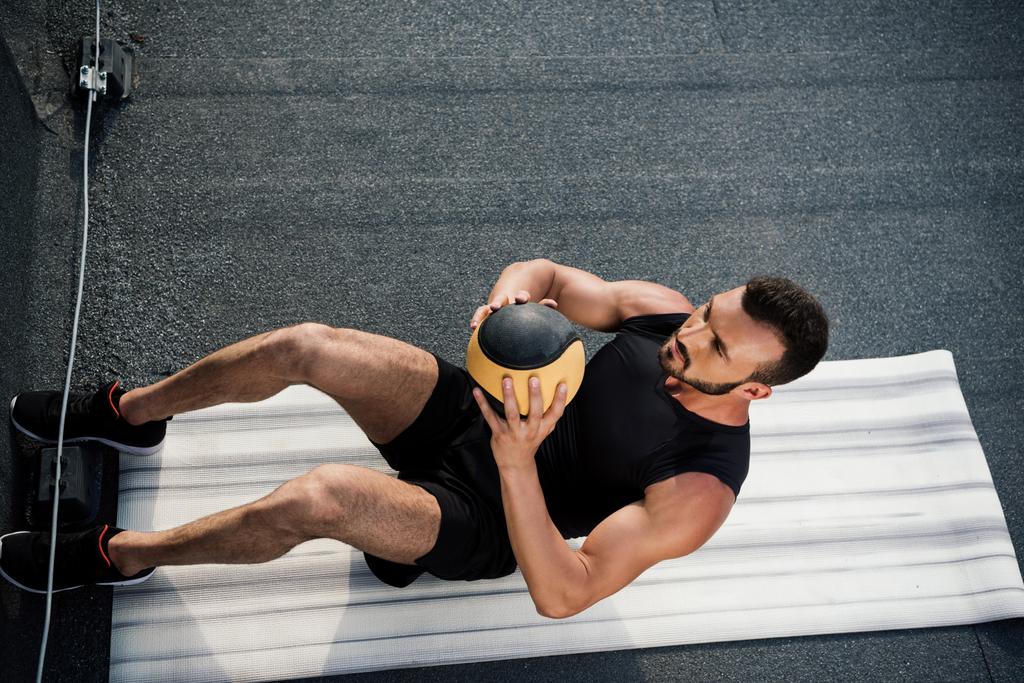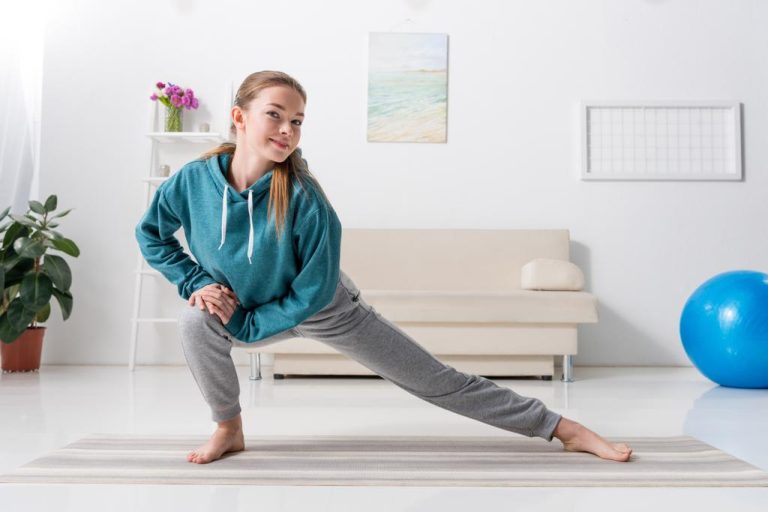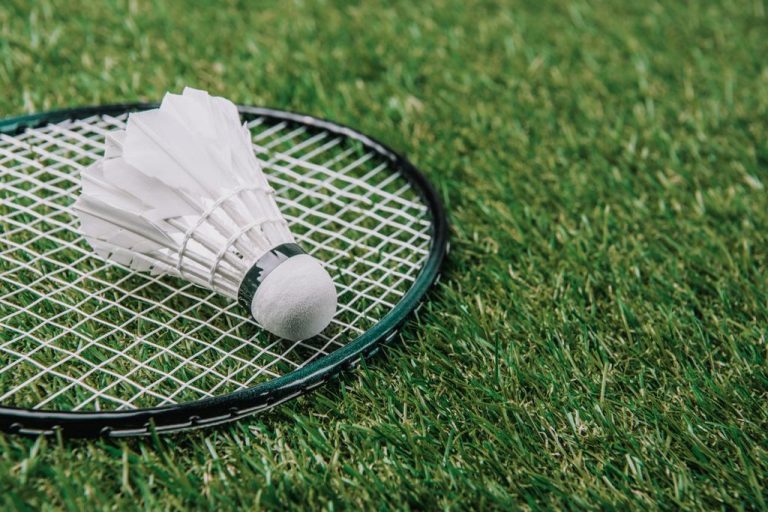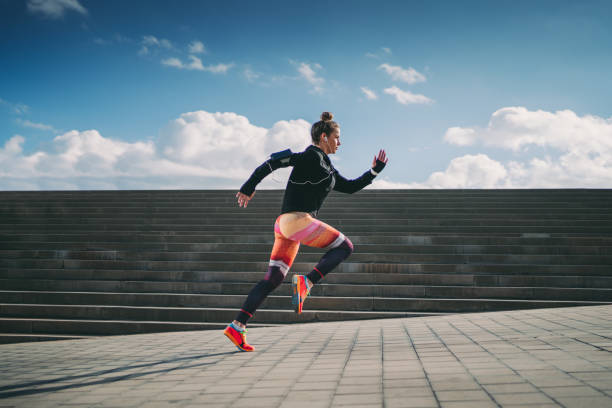A lot of people wouldn’t exactly describe themselves as athletic. They just don’t feel the urge to move and can’t understand why others still like to do it and describe it as fun. But is it really the fault of non-sports people if they don’t like sports? Is it possible to get excited about regular workouts despite disliking exercise?
Is there a sports muffle gene? For these reasons, many people do not like sports
A study conducted by researchers at the University of Southern Carolina investigated whether not being able to exercise is genetic. To do this, they divided the laboratory rats into two groups: those who were willing to run and those who were not particularly fond of running. It could be determined that the offspring of the rats, who love to run, were actually just as efficient and strong as their parents.
Even if you can’t call it a “sports-muffle gene”, this study nevertheless suggests that enthusiasm for sports and performance is hereditary. However, this does not automatically mean that the child of a successful athlete can and will achieve the same successes as their parent.
Another study showed that strong runners have a particularly developed “reward system” in their brains. This reward system promotes the reinforcement of certain behavioral patterns, such as regular exercise, through feelings of happiness. Nevertheless, it can only be assumed that the special characteristics of this brain area can be passed on to offspring.
The path from not sporty to an active lifestyle: This is how it works
Social environment is also a big factor when it comes to how enthusiastic a person is about sports. If those around you do a lot of sport or simply have a positive attitude towards an active lifestyle, this is also transferred to us. This increases the likelihood that we will also count ourselves among the sports enthusiasts. But if our environment is just as unsportsmanlike as you are, you tend to feel accepted and encouraged in your own unsportsmanlike behavior.
Of course, our individual past also has something to do with our love or dislike of sports. For example, if we suffered a painful or long-term sports injury in the past, it may be that our enthusiasm for sports was permanently reduced as a result. You kind of condition yourself to refuse exercise. But just as you can train yourself to reject it a bit, you can also exorcise the inner couch potato.
Focus on fun: You do sport primarily because you want to do something good for your body. But what doesn’t matter is monotonous jogging on the same paths over and over again if it’s not fun. It’s important to find a sport that you enjoy. It can be anything: swimming, dancing, weight training or yoga. The main thing is that you are enthusiastic.
The good news: Less is more in the beginning
Sometimes less is more. Especially when you are in a motivational high, it is important to remain realistic. Only as many sports units should be undertaken as can actually be managed. It is still important not to expect immediate success, as this can have a demotivating effect. It’s better to set small goals and reward yourself.
Also important: make exercise a routine in everyday life. Movement is movement, no matter what form it takes. Sporting activity can also be easily integrated into everyday life and once you get used to the new normal, it doesn’t feel so much like sport anymore. Riding a bike to work, walking up the stairs instead of taking the elevator, or stretching for 10 minutes every day when you wake up are all effortless ways to make life more active.








